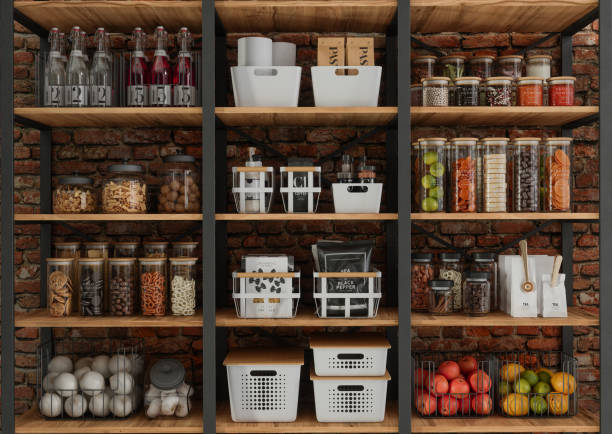Floating Hostels: The Wave of Budget-Friendly Aquatic Accommodations
Imagine waking up to the gentle lull of waves, stepping out onto a deck to witness a breathtaking sunrise over the water, all while staying within your travel budget. This isn't a dream reserved for luxury yacht owners anymore. Floating hostels, an innovative concept in budget travel accommodations, are making waves in the hospitality industry. These unique lodgings offer travelers an affordable way to experience life on the water while exploring coastal destinations around the world.

A Unique Blend of Adventure and Affordability
Floating hostels offer a distinctive travel experience that combines the social atmosphere of traditional hostels with the novelty of staying on water. These aquatic accommodations typically feature shared dormitories and private cabins, communal areas for socializing, and often include amenities like on-board kitchens and lounges. What sets them apart is their location – moored in harbors, along riverbanks, or even in the middle of lakes, providing guests with unparalleled views and a constant connection to the water.
Sustainable Travel on the Water
Many floating hostels are at the forefront of sustainable tourism practices. Converted from existing vessels, these accommodations give new life to old boats and barges, reducing the need for new construction. Some floating hostels incorporate eco-friendly technologies such as solar panels, rainwater collection systems, and biodegradable waste management solutions. This commitment to sustainability resonates with environmentally conscious travelers seeking to minimize their carbon footprint while exploring new destinations.
The Global Spread of Aquatic Accommodations
From the canals of Europe to the coastlines of Southeast Asia, floating hostels are popping up in diverse locations around the world. In Stockholm, the AF Chapman offers budget travelers the chance to stay aboard a historic ship with stunning views of the old town. The River Kwai Jungle Rafts in Thailand provides a rustic floating experience on bamboo rafts in the heart of the jungle. Meanwhile, the Botel Zebra in Budapest combines the charm of a traditional hostel with panoramic views of the Danube River.
Challenges and Considerations
While floating hostels offer a unique and often budget-friendly option for travelers, they come with their own set of challenges. Motion sickness can be an issue for some guests, especially in locations with choppy waters. Space constraints may result in smaller rooms and shared facilities compared to land-based hostels. Additionally, accessibility can be a concern for travelers with mobility issues, as gangplanks and narrow corridors are common features of these aquatic accommodations.
Navigating the World of Floating Hostels
- Research the location and mooring spot of your chosen floating hostel to ensure it aligns with your travel plans
- Pack light and use soft luggage for easier storage in compact cabin spaces
- Bring motion sickness remedies if you’re prone to seasickness
- Check if the hostel offers activities like kayaking or fishing to make the most of your waterfront stay
- Be mindful of water conservation, as resources can be limited on floating accommodations
- Embrace the communal aspect of hostel life – floating hostels often foster a unique sense of camaraderie among guests
As the travel landscape continues to evolve, floating hostels represent an exciting frontier in budget accommodations. They offer adventurous travelers a chance to experience life on the water without breaking the bank, while often promoting sustainable tourism practices. Whether you’re looking to explore urban canals or remote coastlines, these aquatic hostels provide a fresh perspective on budget travel, proving that sometimes the journey and the accommodation can be one and the same.





